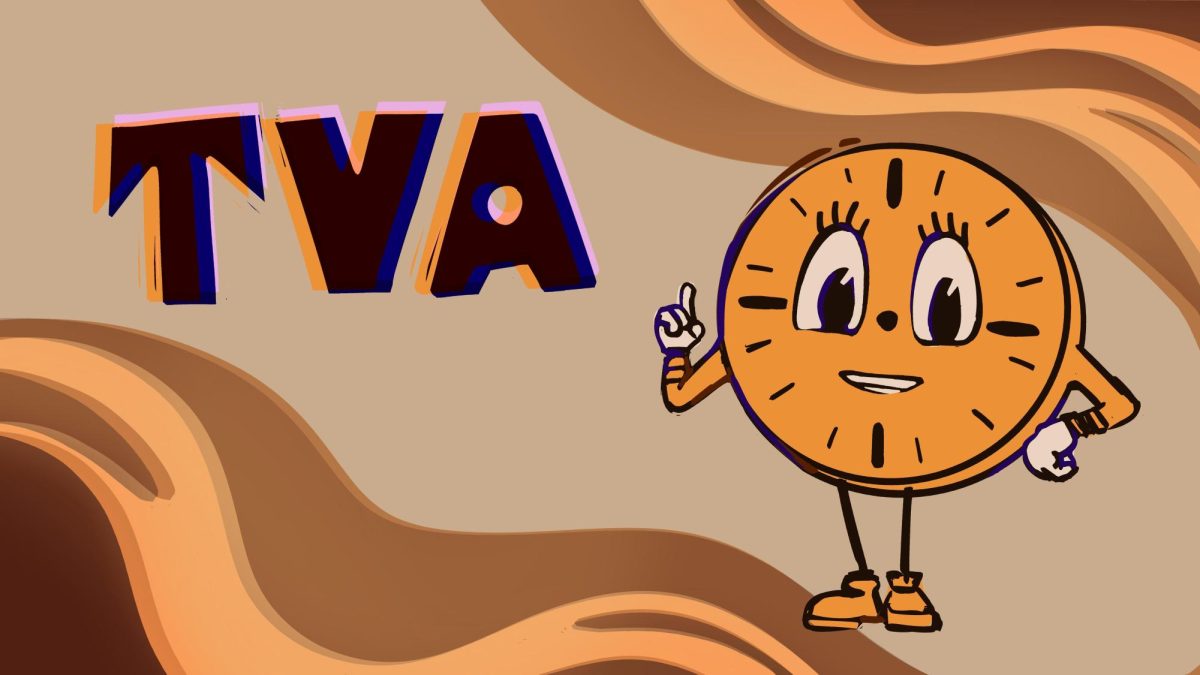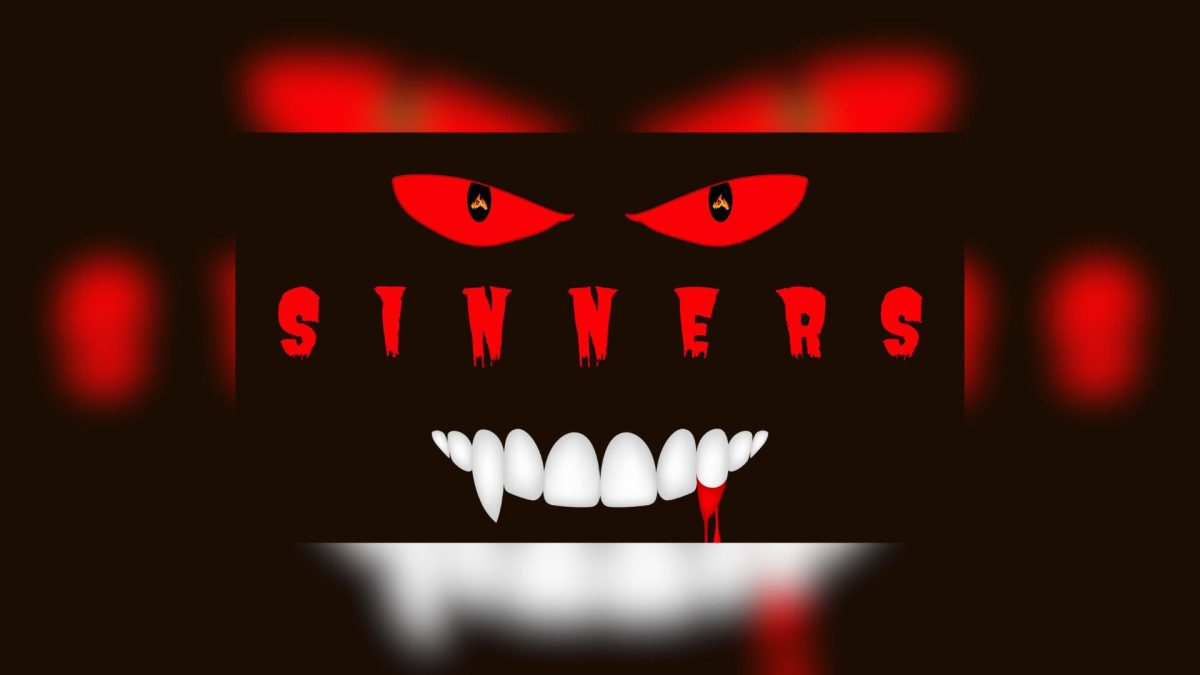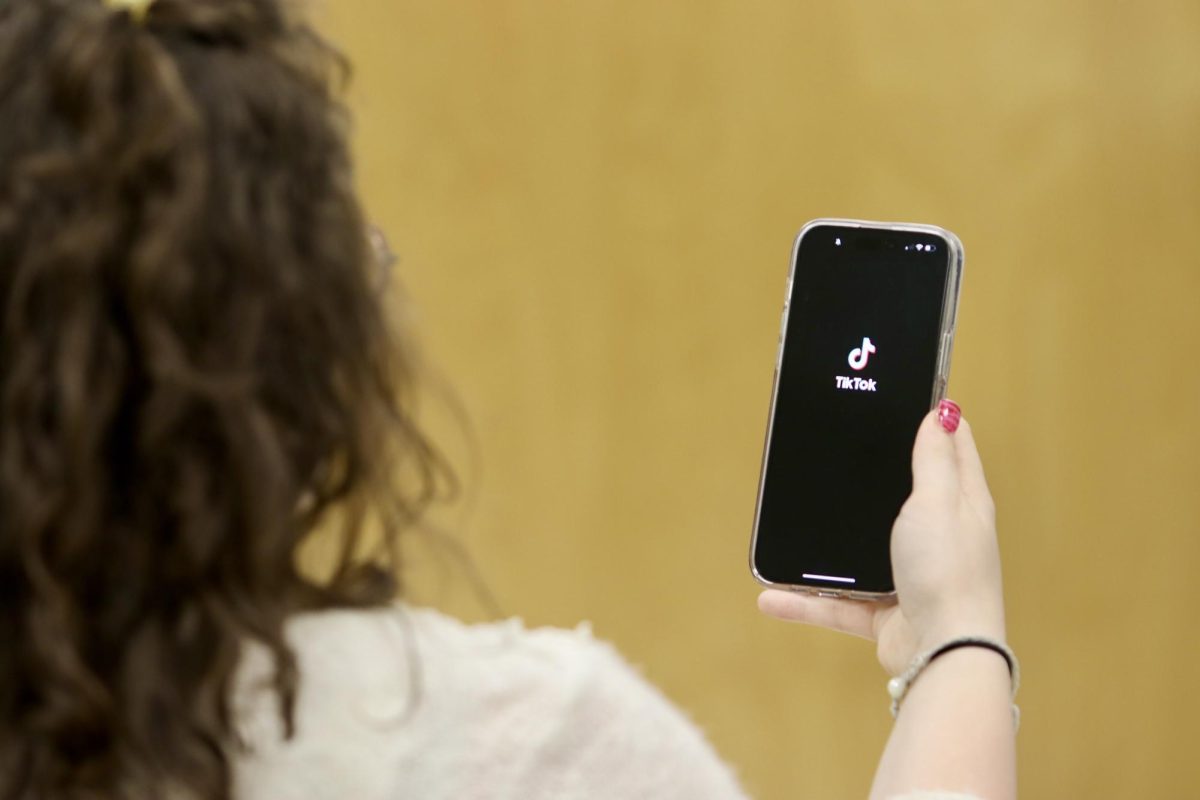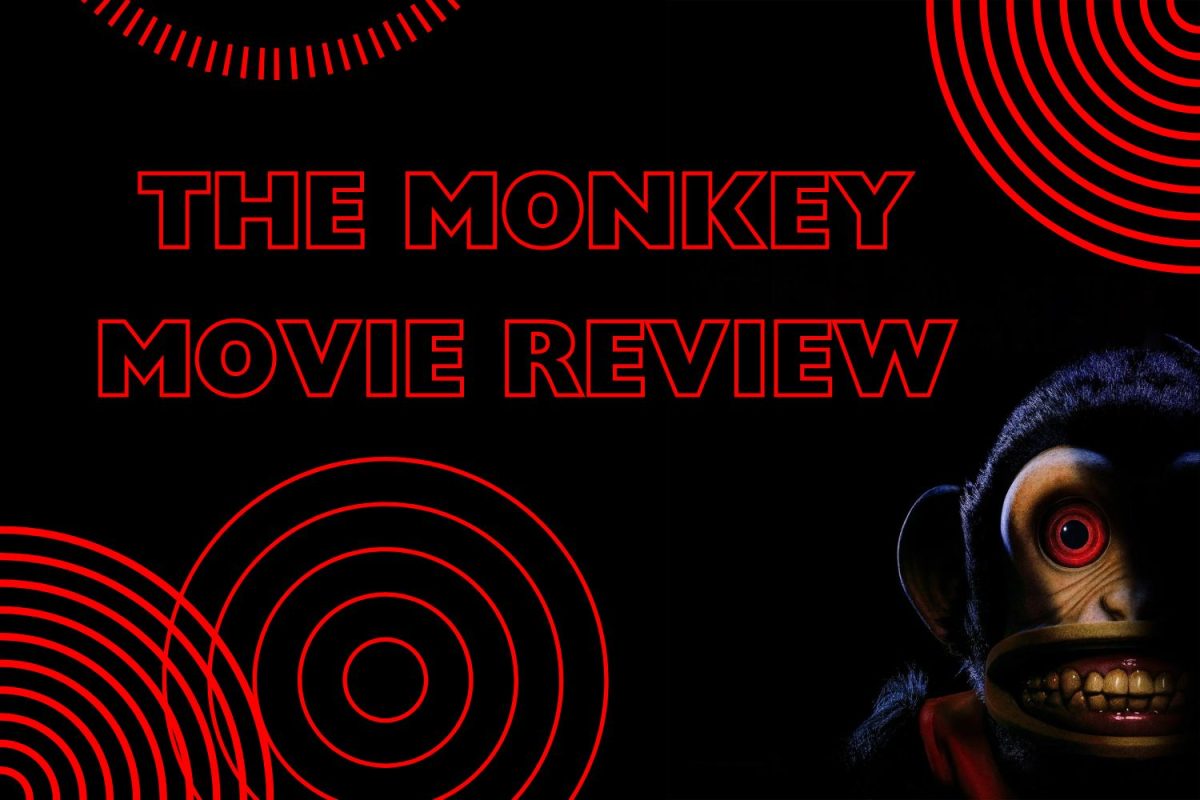“Loki” season two was released on Oct. 5 with one of the most hard-hitting finales in the Marvel Cinematic Universe (MCU).
The show follows Loki (Tom Hiddleston), Mobius (Owen Wilson), Sylvie (Sophia Di Martino) and Ouroboros (Ke Huy Quan) as they try to desperately save millions of lives living out on the branched timelines.
The best part of “Loki” is easily Hiddleton’s performance. He conveys the emotional strain that reverberates through Loki’s journey as he exhausts every conceivable measure to avert the impending catastrophe. The audience is drawn into the intricate layers of the character’s psyche, feeling the gravity of the situation through Hiddleston’s compelling performance.
For a quick recap of the season one finale, Sylvie killed He Who Remains (Jonathan Majors), which allowed the sacred timeline to break and produce multiple branches.
We are introduced to the Temporal Loom in season two, which holds all the branched timelines. The loom is constantly being overloaded and it would explode if it were to reach maximum capacity.
Loki grapples with this formidable challenge as the potential detonation of the Temporal Loom threatens the destruction of the Time Variance Authority (TVA) and erasure of all existing timelines. This dire predicament forms the crux of the narrative, intensifying the stakes.
In episode five of the series, Loki explains to Sylvie that he doesn’t want to end up alone. He spent his entire life doing awful, terrible things to his brother, parents, civilians and other heroes. Through the TVA, he found redemption and a new home. He finds friends he cares for and doesn’t want to see them die.
In episode six, Loki learned quantum physics for centuries to save his friends and the millions of lives, but all for naught. He is left with one decision and possibly the ultimate sacrifice in the MCU.
As fate would have it, he destroys the Temporal Loom, which causes all branches to die. Instead of letting them go to waste, one by one, he picks up the branches and gives them life.
He sits alone on the throne He Who Remains once sat, holding onto all the branches to allow his friends to live the lives they always wanted. The show’s final shot is the camera slowly zooming in on Loki’s face, a face of melancholy and happiness simultaneously.
The last episode of “Loki” is titled “Glorious Purpose” and it perfectly captures the journey he went on. Loki throughout the MCU always questioned what his purpose was. His father, Odin, adopted him after killing his people, then he was outshined by his own brother Thor throughout their childhood.
This caused major tension between the two that would linger on for many years.
In the end, Loki shifted from a malevolent and self-centered “God” to a character who ultimately makes the paramount sacrifice, solidifying his position as one of the most intricately crafted and compelling characters within the MCU.










